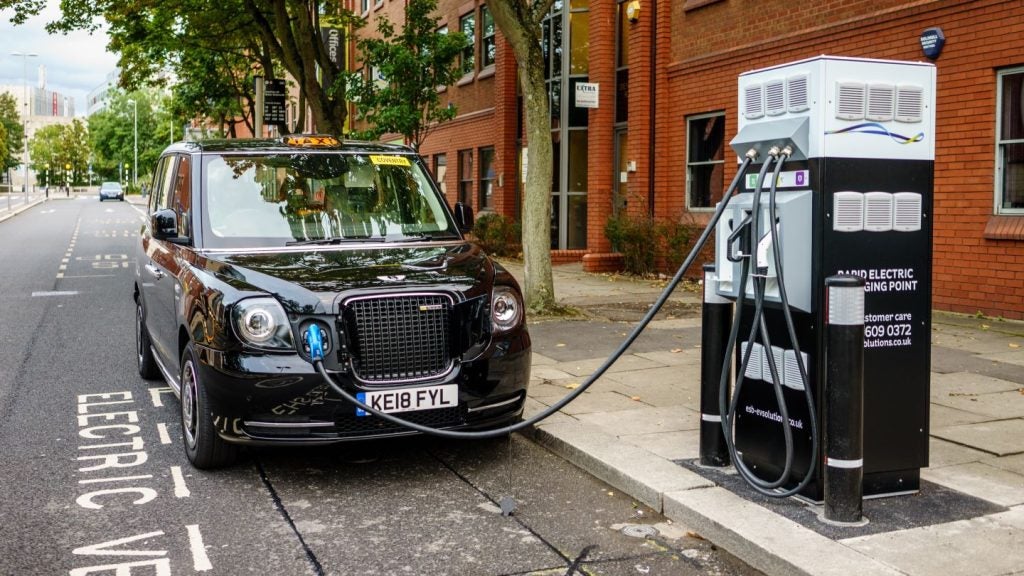
The UK automobiles & auto parts PMI registered below the 50.0 no-change threshold for the second month running in May, signalling the sharpest downturn in business conditions across the UK automotive sector for over six years.
This is according to the latest NatWest UK Automotive PMI report, which registered PMI in May at 43.5 – down from 48.9 in April. Aside from a brief upturn in March, the index has signalled softer operating conditions in each month since June 2018.
The study said the downturn in sector output, order books and employment has been amplified by a payback from extended production schedules in March. There was reported softer domestic demand following production stoppages at volume manufacturers and a reversal of stock building across the supply chain.
Export sales were particularly subdued in the month, with automotive manufacturers reporting the steepest drop in new orders from abroad since April 2009.
Comparisons with similar international benchmarks illustrate declines of a similar scale in Europe and further afield. Survey respondents to manufacturing PMIs around the world cited trade uncertainty as a threat to business outlook in May. Disruption from global trade frictions adds to the challenges faced by global automotive producers from new diesel regulations, transition to electric vehicle production and subdued consumer demand in key markets such as China.
“The challenge for the UK automotive sector is to chart a course through the intense industry headwinds that are so clearly evident in the report findings,” said Richard Hill, head of automotive and manufacturing at NatWest. “At this critical juncture for automotive sector growth and investment, we must accelerate efforts to collaborate across the critical elements of the auto sector ecosystem – OEM’s, supply chain, policymakers, investment and finance communities.
How well do you really know your competitors?
Access the most comprehensive Company Profiles on the market, powered by GlobalData. Save hours of research. Gain competitive edge.

Thank you!
Your download email will arrive shortly
Not ready to buy yet? Download a free sample
We are confident about the unique quality of our Company Profiles. However, we want you to make the most beneficial decision for your business, so we offer a free sample that you can download by submitting the below form
By GlobalData“These connections will help ensure that the UK can deliver the industrial capacity, infrastructure and regulatory framework to maintain and build on its leading role in the future global automotive sector ecosystem.
““The coming global shift towards electric powertrains is opening up huge rewards for value creation across the supply chain, while the technologies underpinning the future of mobility may create new geographic hubs for industrial innovation.
“It is my firm belief that the UK is well placed to thrive in an environment of technology-driven automotive trends, but we must act fast and think collaboratively to maximize the opportunities ahead.”
Stephen Blackman, NatWest principal economist, added: “While factors such as uncertainty will eventually clear, others are trends set to shape the industry for years to come. The sector currently plays an important role in the UK economy. Transport manufacturing added £15.4 billion to UK GVA in 2018, or 0.8% of the total. Nearly 190,000 people are directly employed in manufacturing, with almost 0.9m across the whole industry.
“It’s productive work too. Automotive jobs created £51 for every hour worked in Q4 2018, almost £16 more than the average. Few industries outside Finance, IT and heavy industry add more value per hour. It invests heavily, especially in the critical innovation-augmenting assets such as R&D. The transport sector contributed 15% of UK businesses R&D investment in 2017, or £3.6bn. That’s a 191% increase since 2010.
“So, while the sector’s current weather is indeed gloomy and the UK’s place in this evolving automotive landscape is not yet set, at least the foundations are good.”
Ian Isaac, managing director, Lombard, said that the bank’s asset finance business was anticipating an evolution in demand for electric vehicles.
“What we are experiencing in asset finance, whether this is through our funding of business customer fleets, unit stocking for dealers or support for our rental and contract hire customers, suggests we may in fact be experiencing the start of an evolution – driven by the electric vehicle.
“We are teetering on the edge of the ‘first to move’ precipice. Ultimately, while we are seeing the demand and desire for electric vehicles begin to grow, consumers and businesses are hesitant to take the plunge and make the purchase. This stems from the speed at which the technology is improving – what may be the best-in-class electric vehicle today may very quickly be outdated in just a matter of months.
“This hesitancy is contributing to the industry downturn highlighted by the report. However it won’t last forever; in fact, people are already starting to make the leap. There has also been a huge increase in the number of pure-electric and plug-in hybrid models available in the UK with many of the top manufacturers in the UK now offering a number of EVs as part of their model range.
“Our front-line feedback is that as the electric vehicle becomes more common place, and the young people of today become the vehicle purchasers of tomorrow, British manufacturers must ensure they are best placed to capitalise on the opportunity.”







